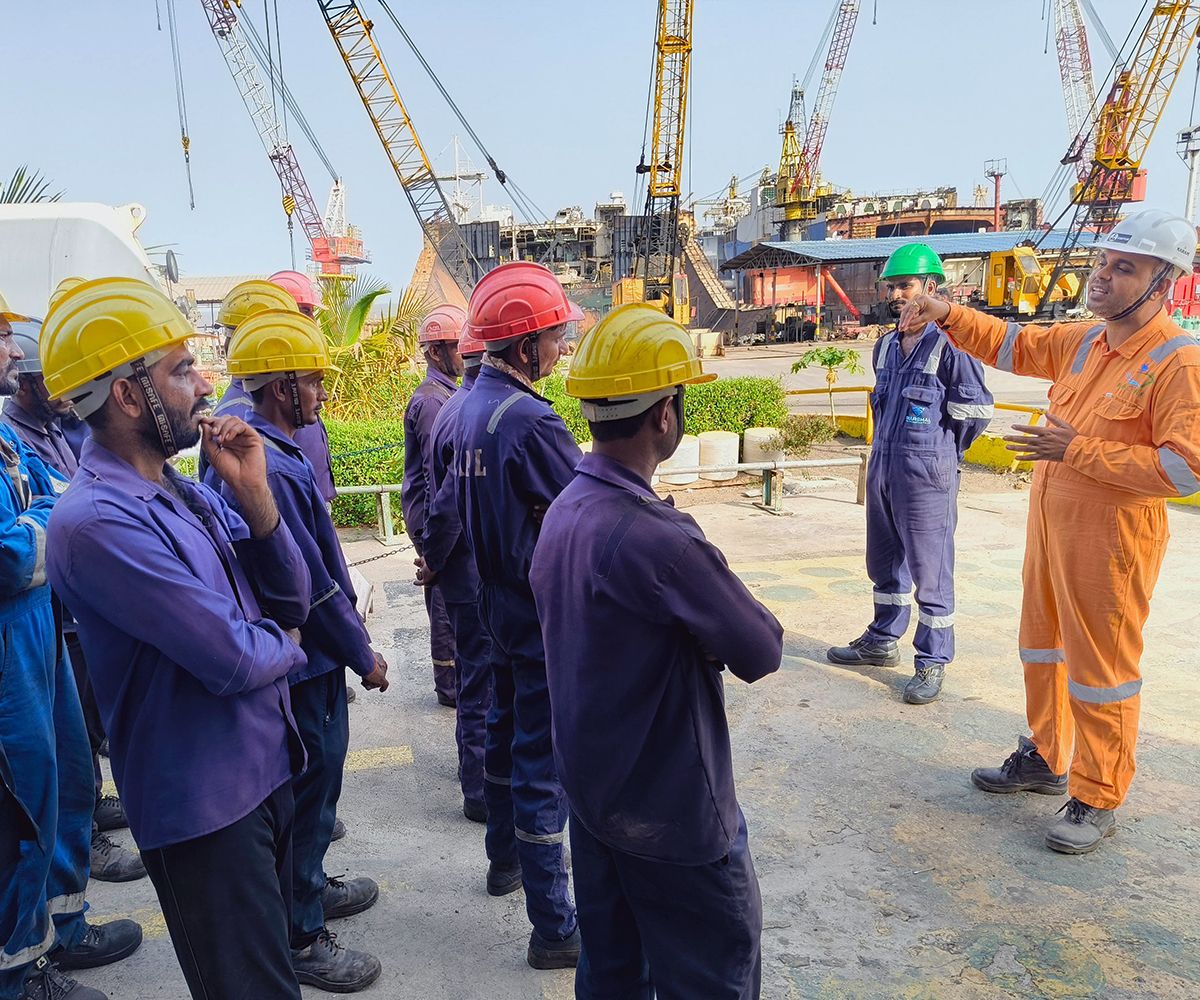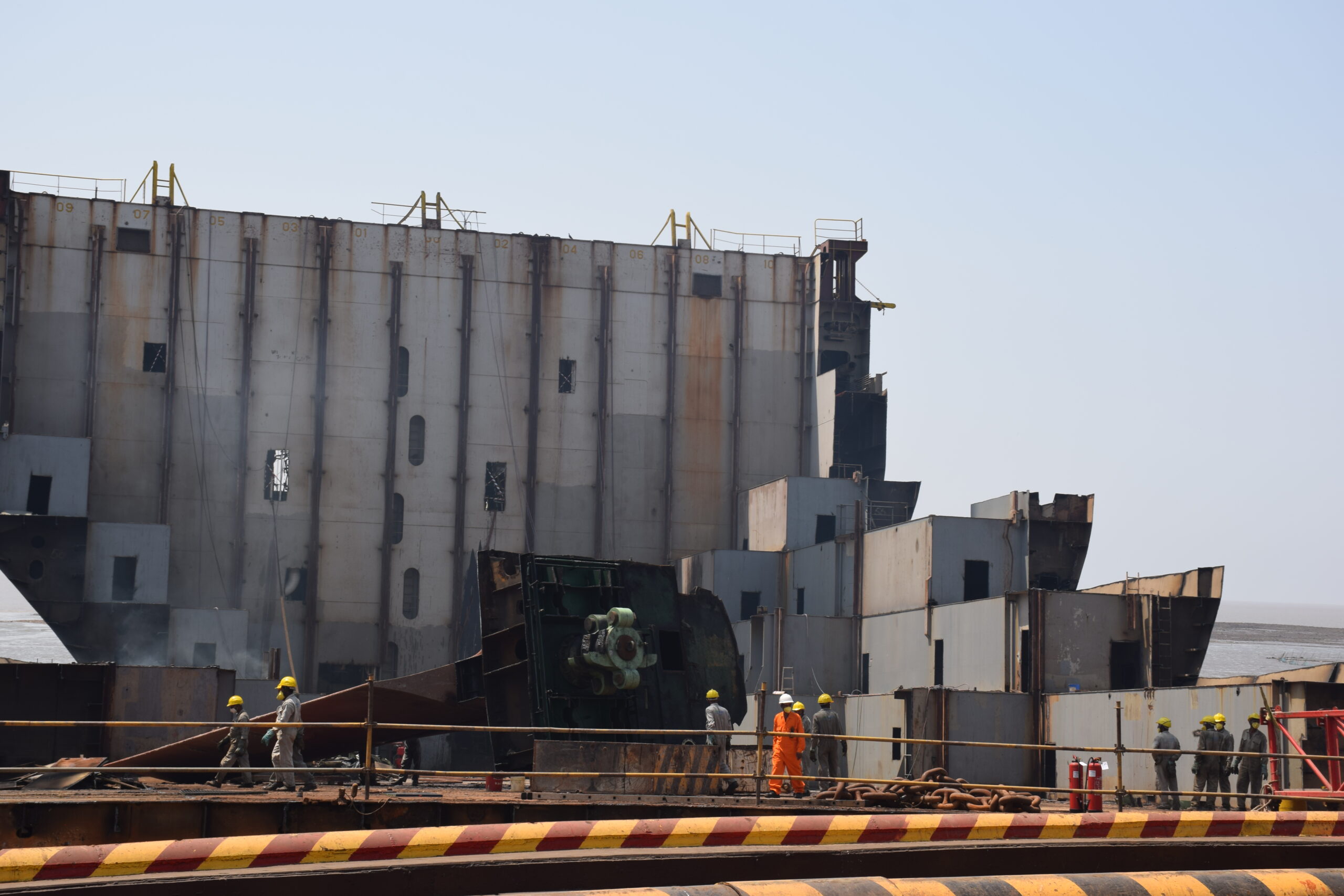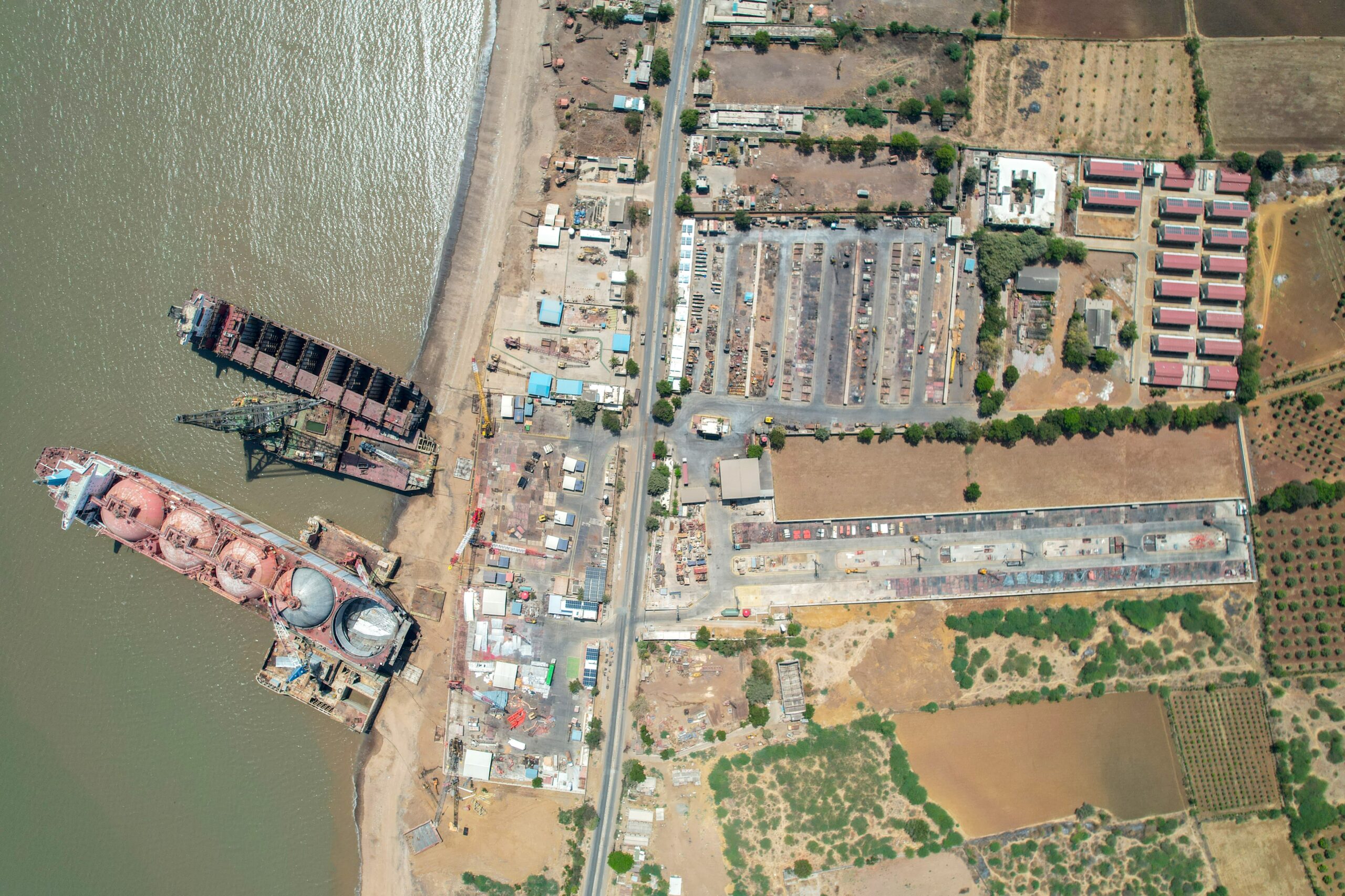Ship Recycling Markets Face Year-End Struggles
Ship recycling markets are facing significant challenges as they approach the final weeks of the year, according to a report from cash buyer GMS. The market has experienced minimal activity and new sales, as most end users are refraining from making purchases and are instead adopting a cautious “wait-and-watch” approach.
Contrary to predictions, India has witnessed a decline of approximately 3,000 rupees ($35 per light displacement ton, or LDT) in steel prices. This unexpected drop has added to the difficulties faced by the ship recycling industry in the country.
In contrast, Pakistan received a boost as the country announced its commitment to signing the Hong Kong Convention. The convention is set to come into effect in 2025, providing yards with a timeline to enhance and upgrade their facilities to comply with the established standards. This positive development is expected to contribute to the growth of the ship recycling industry in Pakistan.
ALSO READ : EU Nears Approval for Sustainable Ship Recycling in Alang India
The European Union (EU) is also reevaluating its plans to approve specific shipbreaking yards in India and include them in the EU’s list of authorized ship recycling facilities. This reconsideration comes after previous visits that resulted in the rejection of inclusion several years ago. GMS suggests that these developments create an optimistic outlook as the industry enters 2024.
However, despite these positive indicators, challenges persist, particularly regarding financing in both Pakistan and Bangladesh. The availability of consistent financing remains a primary concern. The constant fluctuations and depreciation of currencies in these regions must stabilize before banks can confidently approve new lines of credit to support the ship recycling industry.
One of the key factors affecting financing in these areas is the need for currency values to stabilize. Both Pakistan and Bangladesh are grappling with constantly fluctuating currencies, creating an uncertain environment for financial institutions. The need for currency values to settle is crucial before banks can consider approving fresh lines of credit to support ship recycling activities.
Looking ahead, GMS highlights the general expectation that few deals or new financing arrangements will materialize in Bangladesh until after the elections scheduled for mid-January. The anticipation of potential political changes and their impact on the economic landscape is likely contributing to a cautious approach among investors and financial institutions.
ALSO READ : New Horizons: Mr. Dominguez Velasco’s Unanimous Appointment as IMO’s 10th Secretary-General
In summary, the ship recycling markets are navigating a challenging landscape as they approach the end of the year. While positive developments such as Pakistan’s commitment to the Hong Kong Convention and the EU’s reconsideration of approved yards in India offer hope for the future, challenges related to financing and political uncertainties persist. The industry is poised for potential growth in 2024, but a cautious approach is warranted, especially in regions where economic and political factors remain unpredictable.












